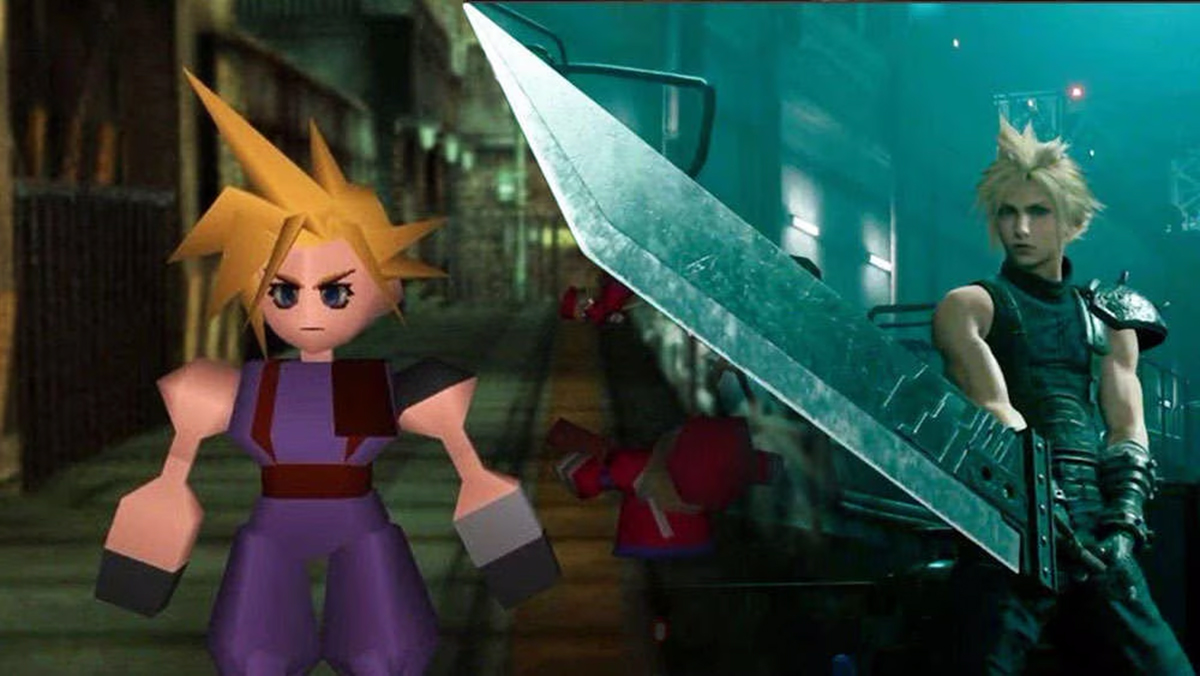 Kathlyn Hotynski
Kathlyn HotynskiWhen you hear the word “revolution,” what comes to your mind? Do you think of the American Revolution, the war that won our country’s independence from Great Britain? What about the Russian Revolution of 1917, which resulted in an oppressive totalitarian state that murdered between 25 and 60 million people? What about Che Guevara, a Marxist thug who helped Fidel Castro establish his Communist dictatorship in Cuba?
When I hear the word “revolution,” I think of one man, and his name is Ronald Reagan.
His revolution did not involve violent coups or mass murders. The Reagan Revolution was a program of government policies that spawned America’s monumental economic growth in the 1980s, set the stage for the market boom of the 1990s and, perhaps most importantly, delivered the coup de grace to the dying Soviet Union. But as with all important things, they should be examined closely.
Reagan’s economic policies emphasized the role of the free market. He passed legislation that embraced this principle; most notably, the Kemp-Roth tax cut, officially known as the Economic Recovery Tax Act of 1981. This reduced marginal income tax rates in the United States by 30 percent over a three-year span. It also spurred investment and spending when high taxes had discouraged such economic productivity in previous years.
Under the Reagan administration, inflation went from 13 percent in 1980 (the high inflation was inherited from Jimmy Carter) to around four percent. From 1983 to 1989, the gross domestic product increased by 3.2 percent each year and median household income increased by $4,000.
Employment also skyrocketed, with the U.S. economy producing 17 million new jobs from 1981 to 1989. The market as a whole rose upward and continued to do so for 18 consecutive years. National wealth also rose by $8 trillion. “Reaganomics,” as his critics derisively called Reagan’s policies, catapulted our economy into the greatest expansion of economy and wealth that the West had ever seen.
The other very important part of the Reagan Revolution was the killing blow to the Soviet Union. Take note that Reagan was not alone in this; he worked with Margaret Thatcher and John Paul II to ultimately cause the death of the USSR. Moreover, it has been argued that Reagan’s actions were not the sole cause of the end of the Cold War, but that his policies built upon previous administrations’ acts against the USSR. For the sake of this article, I will focus on Reagan’s actions and how they ultimately caused the Soviet Union to topple.
There were a number of factors in Reagan’s involvement in the end of the Soviet Union. One was the shift of national defense policy vis- -vis the Soviet Union from strategic offense (Mutually Assured Destruction) to strategic defense (“peace through strength”).
Another factor was Reagan’s approach to the Soviet Union. With a clear moral vision, he saw through the smoke and mirrors of Western liberalism’s romanticization of Communism for what the truth really was: that the Soviet Union was an “evil empire,” hell-bent on absolute control of its subjects and spreading to the rest of the world. The old policies of “containment” and “dtente” had been tried and they had failed. Reagan’s vision (indeed, the vision of the free world) was that the shackles of the Soviet Union would not be allowed more slack on their chains, but smashed apart and thrown away altogether. In his own words: “. the march of freedom and democracy will leave Marxism and Leninism on the ash heap of history as it has left other tyrannies which stifle the freedom and muzzle the self-expression of the people.” Ironically, it was Leon Trotsky who first coined the phrase “ash heap of history.”
We must also not forget the powerful words that Reagan spoke in West Berlin on June 12, 1987: “General Secretary Gorbachev, if you seek peace, if you seek prosperity for the Soviet Union and Eastern Europe, if you seek liberalization, come here to this gate! Mr. Gorbachev, open this gate! Mr. Gorbachev, tear down this wall!”
On Nov. 9, 1989, East Germans broke through the Wall, and it was torn down entirely by 1990. On Christmas Day of 1991, the Soviet Union was officially dissolved. The Cold War had ended without firing a shot.
Ronald Reagan will live on in the hearts and minds of millions worldwide as one of the greatest statesmen of our time (if not the greatest). His leadership during one of the most important times in Western history provided millions of Soviet subjects with hope, and millions of Americans with a renewed faith in the principles that made our country great. As he himself said: “A troubled and afflicted mankind looks to us, pleading for us to keep our rendezvous with destiny, that we will uphold the principles of self-reliance, self-discipline, morality, and – above all – responsible liberty for every individual that we will become that shining city on a hill. I believe that you and I together can keep this rendezvous with destiny.”
Viva la Reagan Revolucion.
McCormick is a freshman English education major and columnist for The Spectator.






